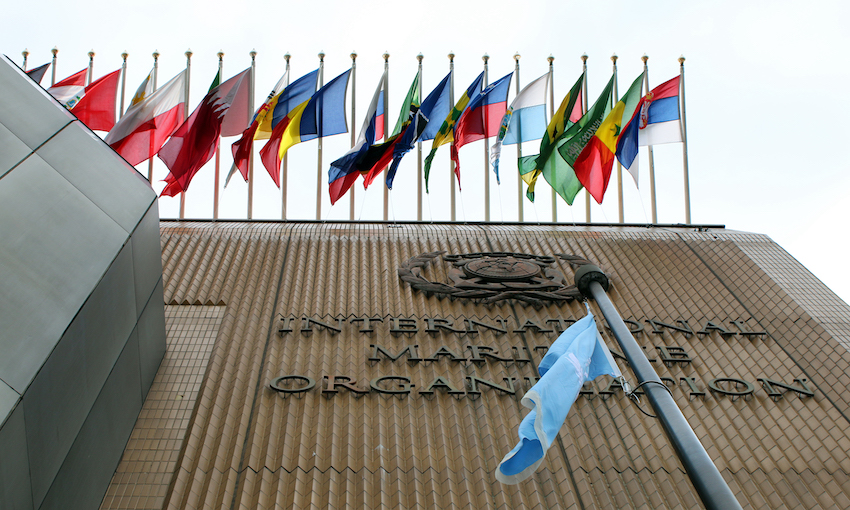THE INTERNATIONAL Maritime Organization and the International Labour Organization held their first joint Conference on Work at Sea last week.
The IMO and ILO met on 13 November at IMO headquarters in London to address the need for decent conditions for seafarers, fishers and other maritime personnel.
A key theme of the conference was protecting seafarers’ and fishers’ rights and working conditions now “while preparing them for a digitalised and decarbonised future”.
The conference followed a high-level meeting in May between IMO secretary-general Kitack Lim and ILO director-general Gilbert Houngbo.
“I have often referred to seafarers as the unsung heroes of the global economy,” Mr Lim said.
“They are the ones who ensure that goods and food are shipped and delivered safely and effectively around the globe. They are on the frontline, a responsibility that has been particularly highlighted during the Covid-19 pandemic. Without them, shipping simply stops.
“If we do not ensure seafarers’ rights and well-being, we will not be able to retain the existing seafarers in the profession and will certainly not be in a position to attract any new ones, which would have huge and long-lasting consequences.”
Mr Houngbo of the ILO said to retain and attract seafarers, including young people and women, there needs to be a new social contract that puts seafarers at the heart of the shipping industry.
“Many seafarers, for their part, continue to be confronted with unpaid wages, long periods of service on board, fatigue, limited access to social connectivity, abandonment, criminalisation, bullying and harassment, denial of shore leave, lack of access to welfare facilities and fraudulent practices by recruitment agencies,” he said.
The conference also sought to identify gaps in current regulatory framework and explore how governments, industry, IGOs and NGOs can improve the relevant international maritime legal framework.
“The global regulatory framework is not sufficient to ensure rights of seafarers and fishers unless they are implemented and enforced,” former prime minister of Türkiye Binali Yıldırım said.
Representatives from the International Chamber of Shipping and International Transport Workers’ Federation represented the industry and the workforce at the conference.
Delegates from shipping companies, academia, and governments of flag and port states also attended, along with the states which traditionally supply sizable portions of the maritime workforce.
Other key themes were responsible management, the enforcement of existing regulations, further ratification of fishing related treaties and the need to prepare seafarers and fishers for the digitalised and decarbonised future.
“International co-operation is crucial, requiring collaboration between governments, international organisations, and the shipping industry,” Mr Lim said.
“Challenges such as crew change, fatigue, mental health support, and fair wages require joint efforts for effective solutions.
“The close cooperation between IMO and ILO is more critical than ever, enabling the pooling of resources and expertise to address challenges in recruiting and retaining personnel at sea.”
The IMO noted that many speakers highlighted the recent “huge spike” of reported abandonment cases to the joint IMO/ILO database.
Speakers also stressed a need for companies to develop robust interventions that monitor and manage fatigue risks, reducing the chance of fatigue-related incidents or impaired psychological wellbeing.





